Introduction to Chess
Chess is a timeless strategy game that has fascinated players around the globe for centuries. Known for its deep strategic elements and intellectual challenges, chess offers an enjoyable experience that combines competition with mental exercise. Its enduring popularity can be attributed to several intrinsic aspects of the game, from its versatility to the sheer joy of mastery.
Accessibility and Social Connection
A Game for Everyone
One of the most significant reasons chess is so enjoyable is its remarkable accessibility. Virtually anyone can play chess, regardless of age, background, or skill level. With only the need for a chessboard and pieces, it’s a game that can be played anywhere, from park benches and cafes to online platforms. This accessibility opens doors to a diverse community of players worldwide.
Building Social Bonds
Chess facilitates social interactions, bridging gaps between different cultures and generations. It is not just a competition; it's also a medium for socializing and networking. Players often engage in friendly discussions about strategies or share personal experiences related to chess, thus fostering a sense of community and belonging.
Intellectual Stimulation and Skills Development
Cognitive Enhancements
The strategic nature of chess provides significant cognitive benefits. It improves concentration, pattern recognition, and problem-solving abilities. Engaging in chess also enhances memory, as players must recall various strategies and remember their opponents’ recent moves. This mental exercise is often cited as a method to help keep the brain sharp and prevent cognitive decline.
Learning from Mistakes
Chess is inherently about challenge and improvement. Each game provides a clear feedback loop, with mistakes punishing and successes rewarding. Players learn resilience and adaptability as they must continuously adjust their strategies based on the unfolding game. Such reflections on one’s mistakes and the ensuing lessons contribute profoundly to personal growth and self-improvement.
The Thrill of Strategy and Competition
Unending Complexity
Chess offers an incredibly deep and complex field of play. With billions of possible positions and an immense array of tactical motifs and strategies, chess never becomes dull. This complexity ensures that each game is unique, providing endless intrigue and challenges that can keep enthusiasts engaged for a lifetime.
Competitive Excitement
The competitive aspect of chess also adds to its enjoyment. Whether playing in local clubs, online, or in professional tournaments, the thrill of testing one’s skill against others is exhilarating. Competitions provide clear goals and milestones in a chess player’s journey, driving them to continually hone their skills and understanding of the game.
The Joy of Mastery
Long-term Skill Development
Chess is a game that rewards patience and long-term investment in skill development. The journey from a novice to a seasoned player is fraught with challenges, but achieving proficiency brings a deep sense of satisfaction. The pursuit of mastery, whether to reach a higher rating or to win more games, keeps the game endlessly engaging.
Creative Expression
Despite its strict rules, chess allows for immense creative expression. Players develop their unique style over time, whether aggressive and attacking or subtle and strategic. This expression of individual personality and tactical preferences further enhances the personal connection many feel towards the game.
Conclusion
Chess remains one of the most popular and enjoyable games globally due to its accessibility, intellectual stimulation, and the endless enjoyment derived from mastering its complexities. It not only serves as a tool for cognitive development and social interaction but also as a lifelong pursuit of personal and competitive achievement. In chess, the joy of the game lies in the journey as much as in the outcome.
Explore our large collection of luxurious chess sets!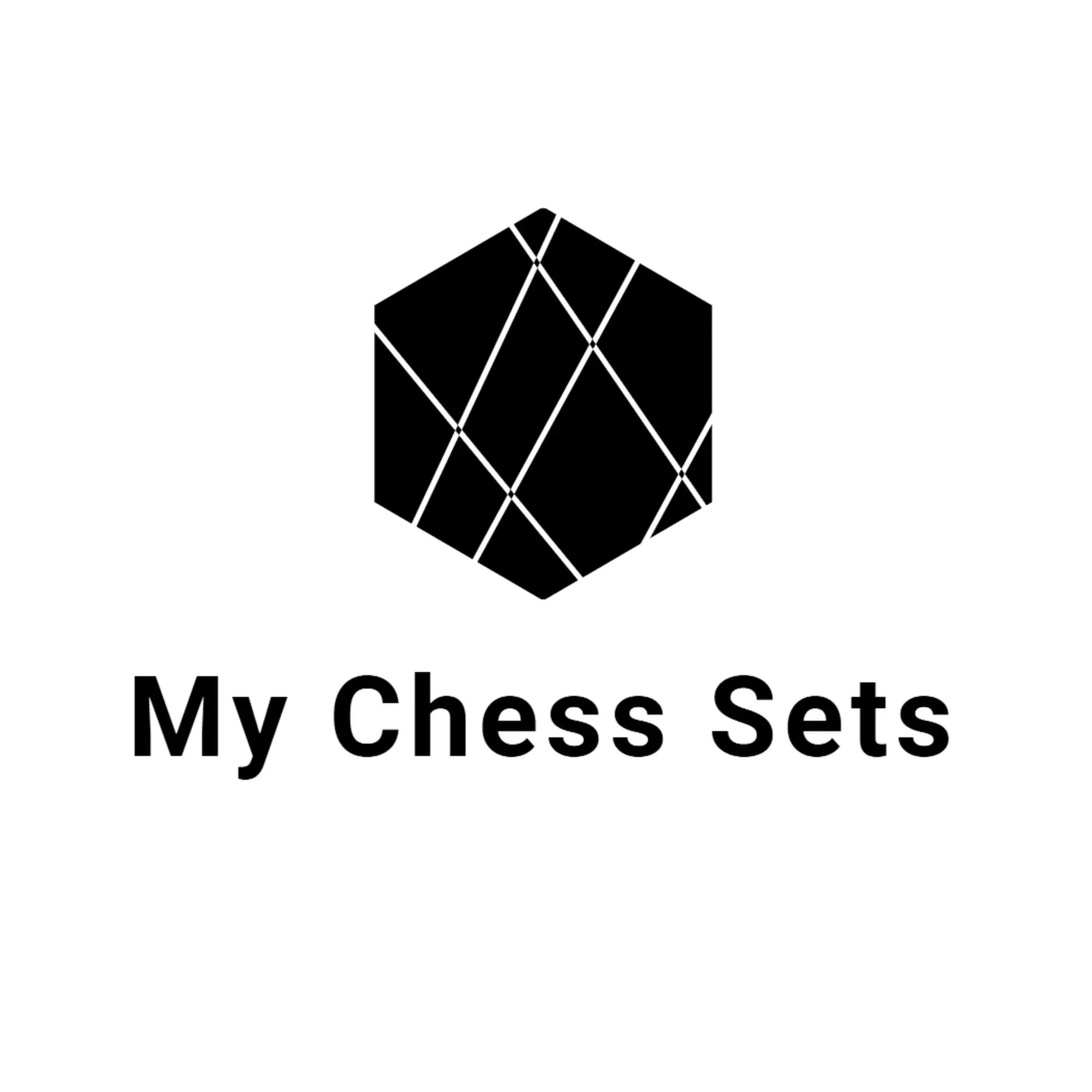




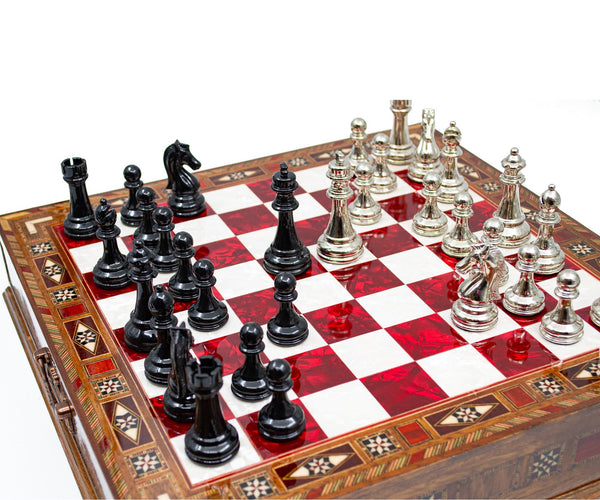
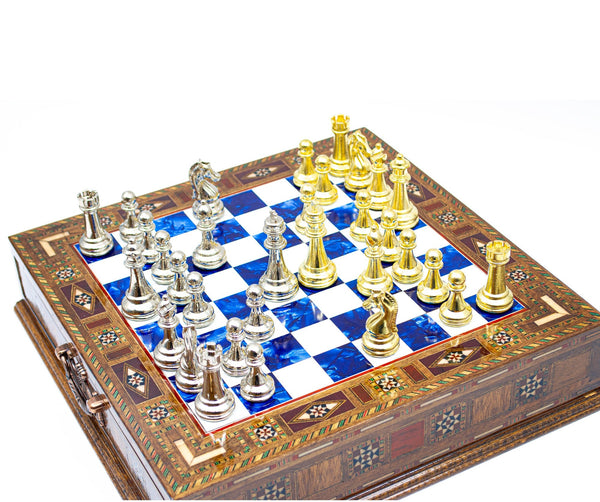
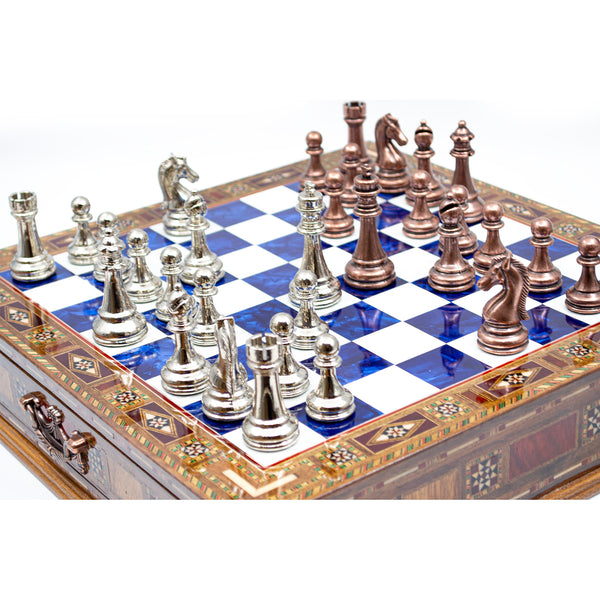
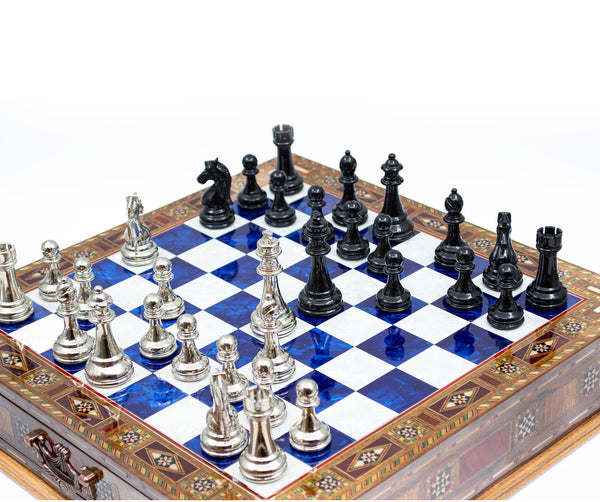






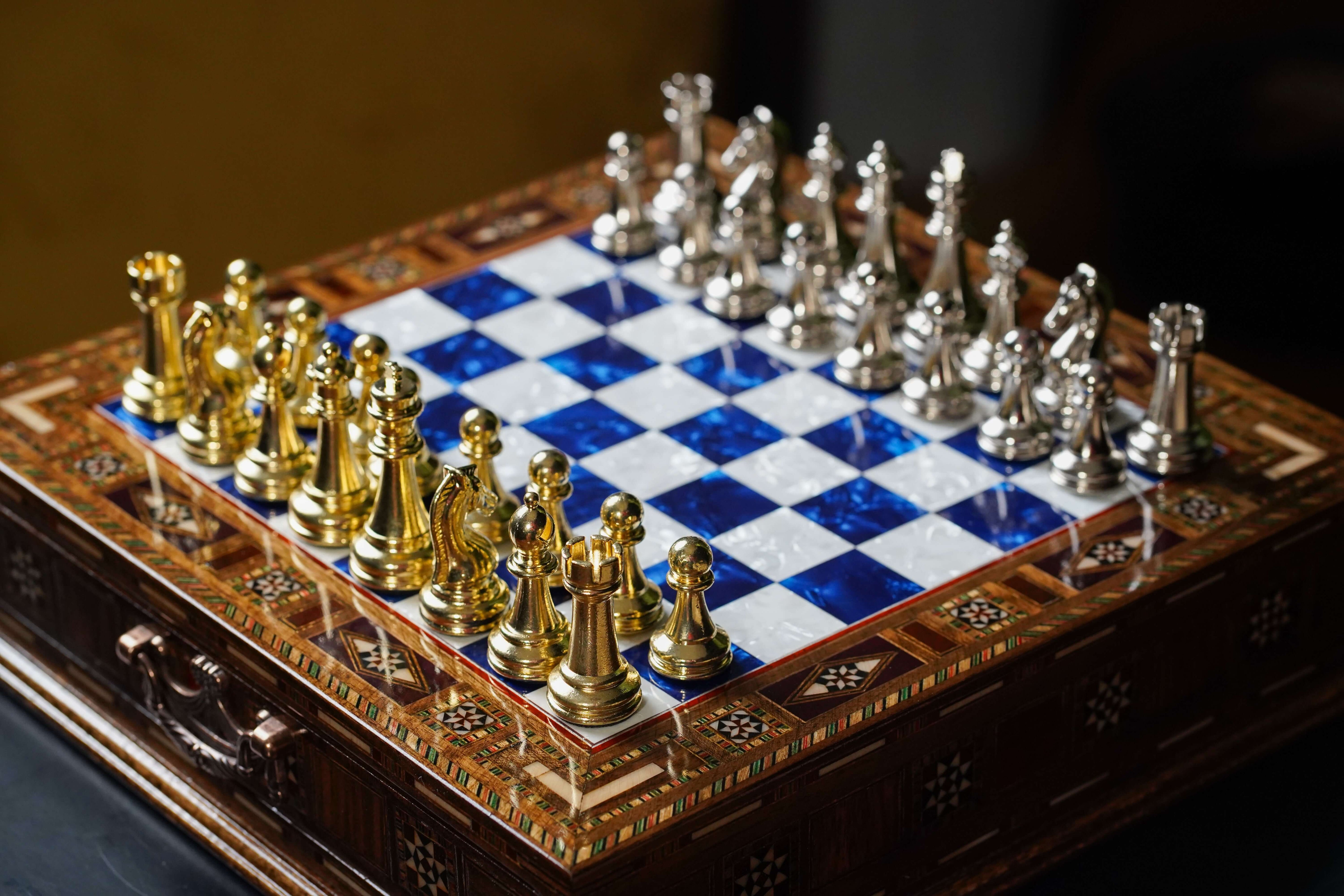



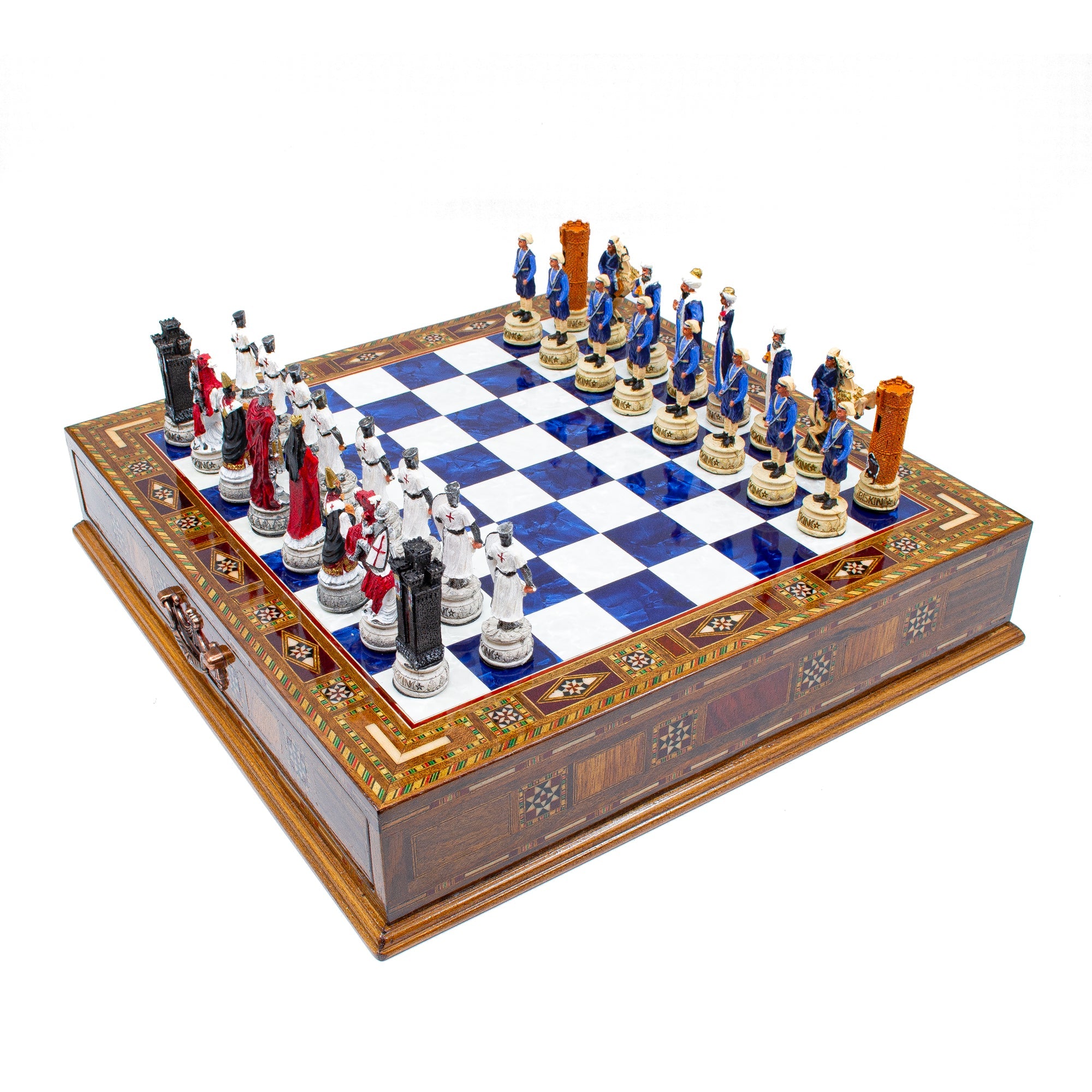
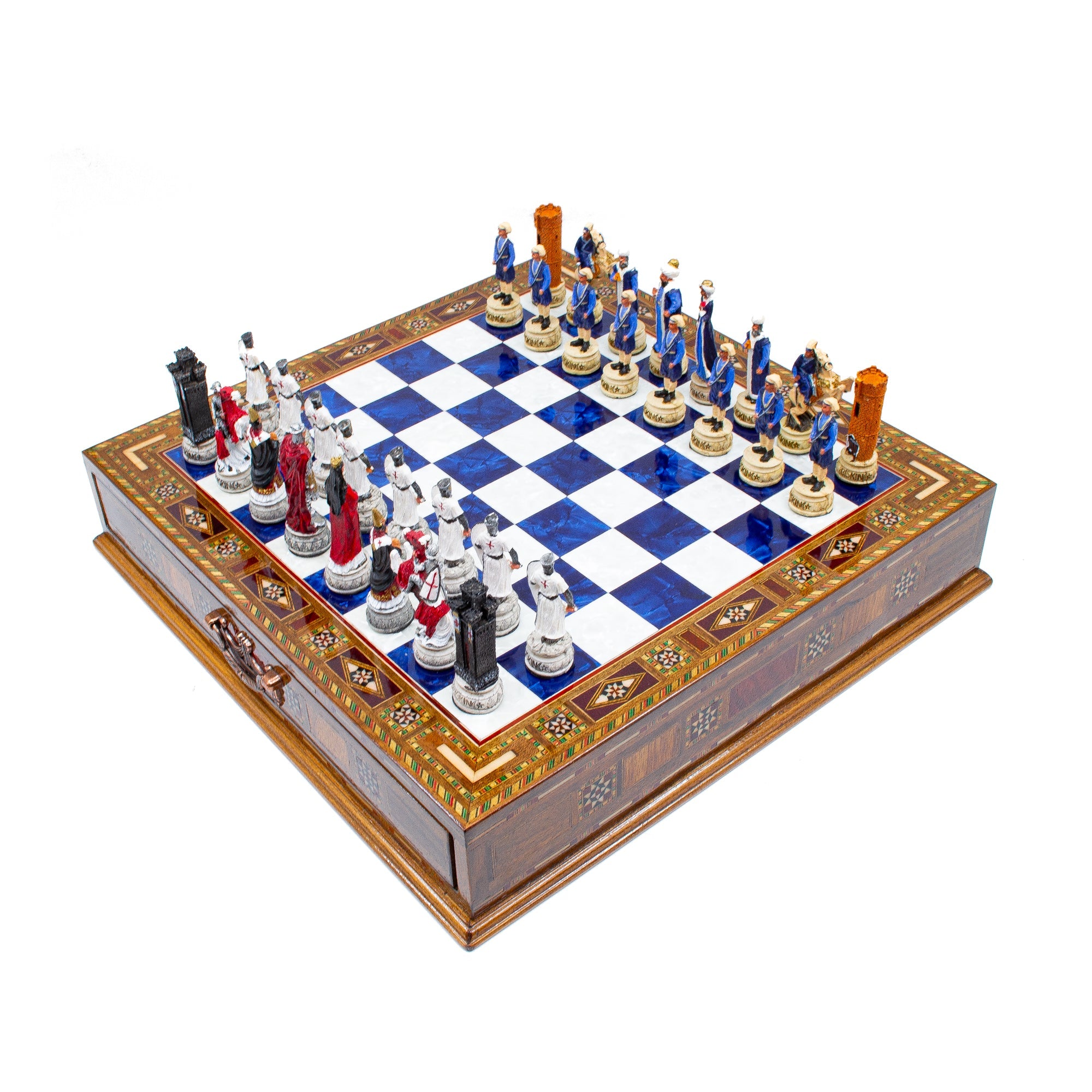
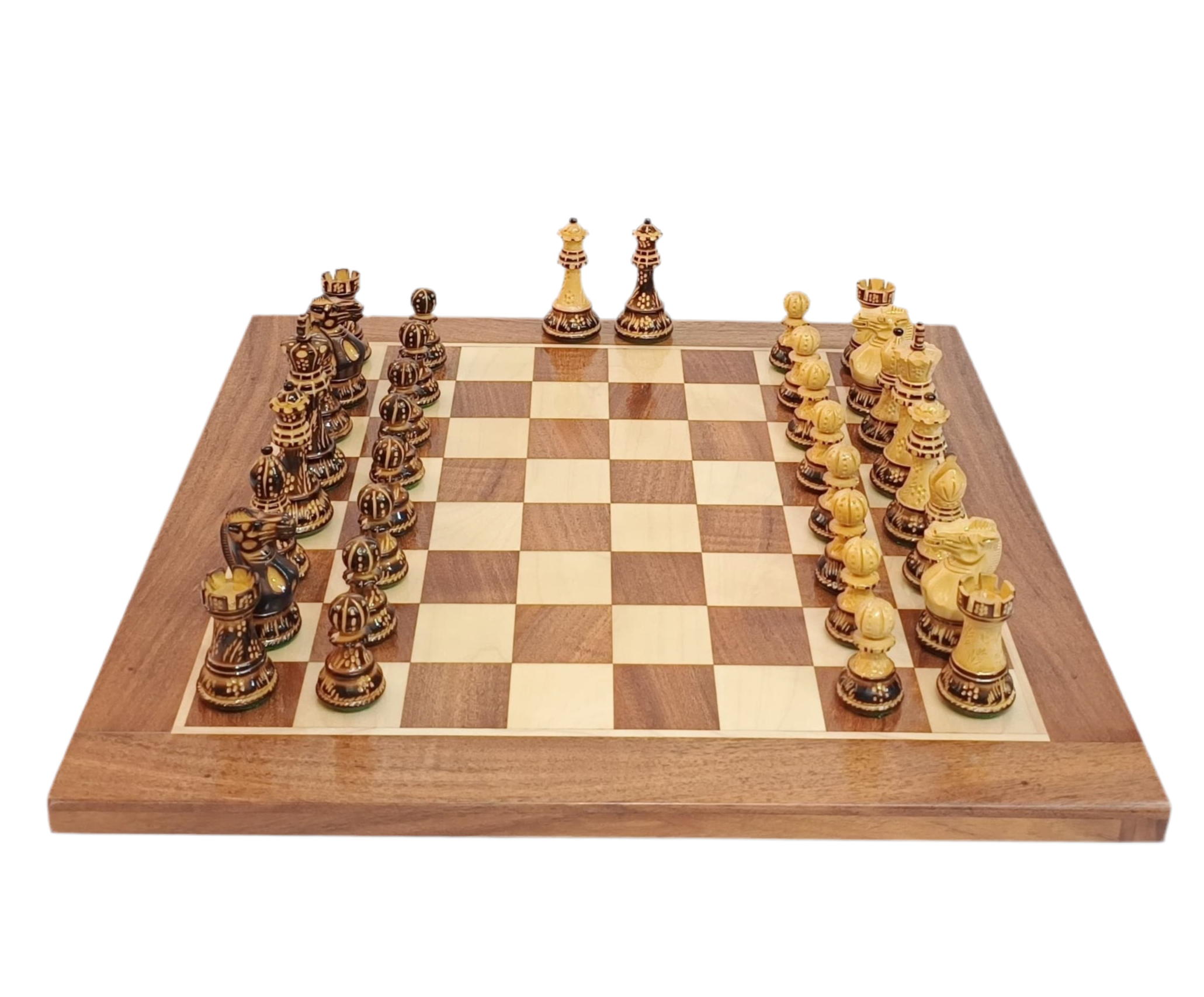
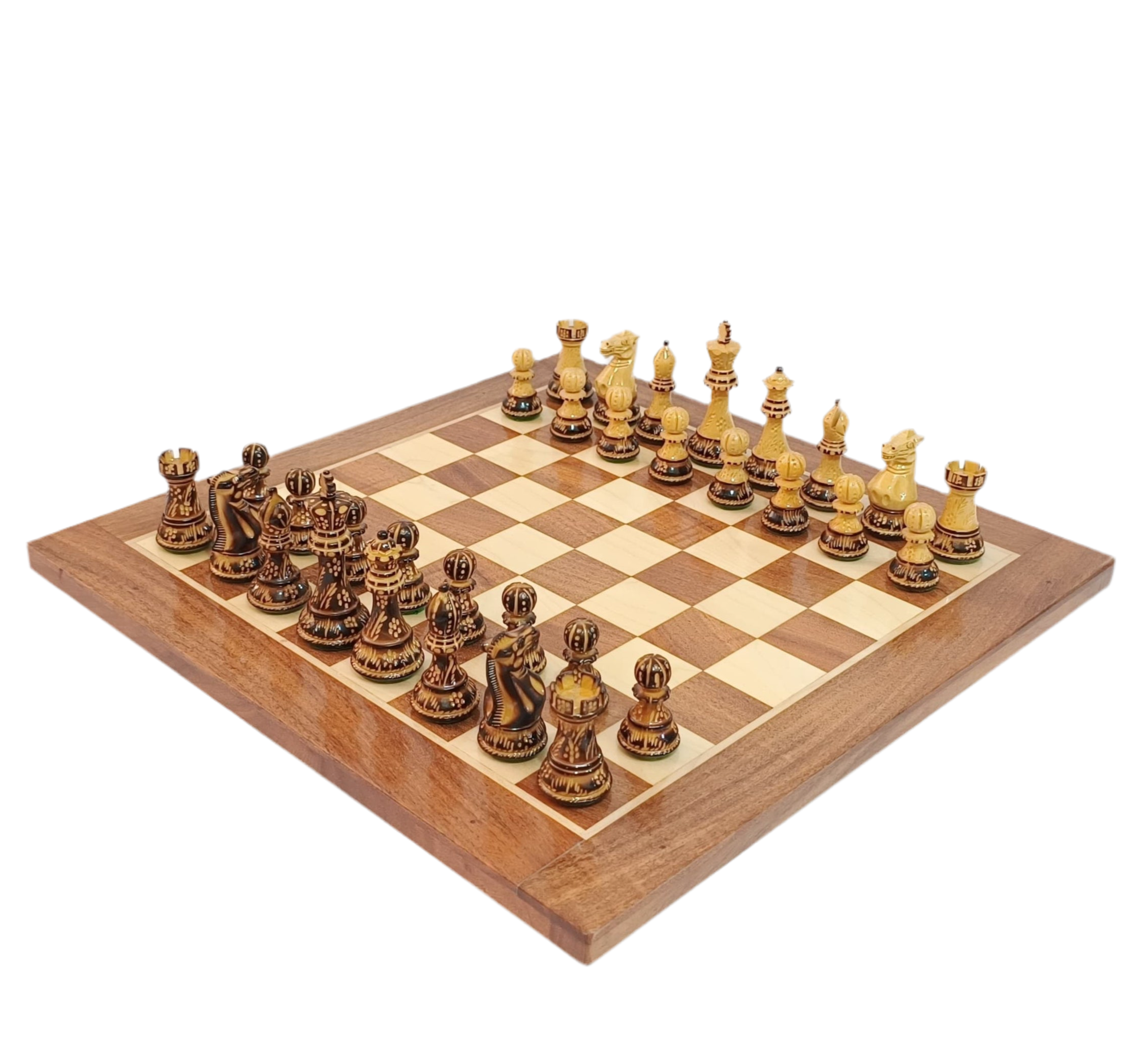





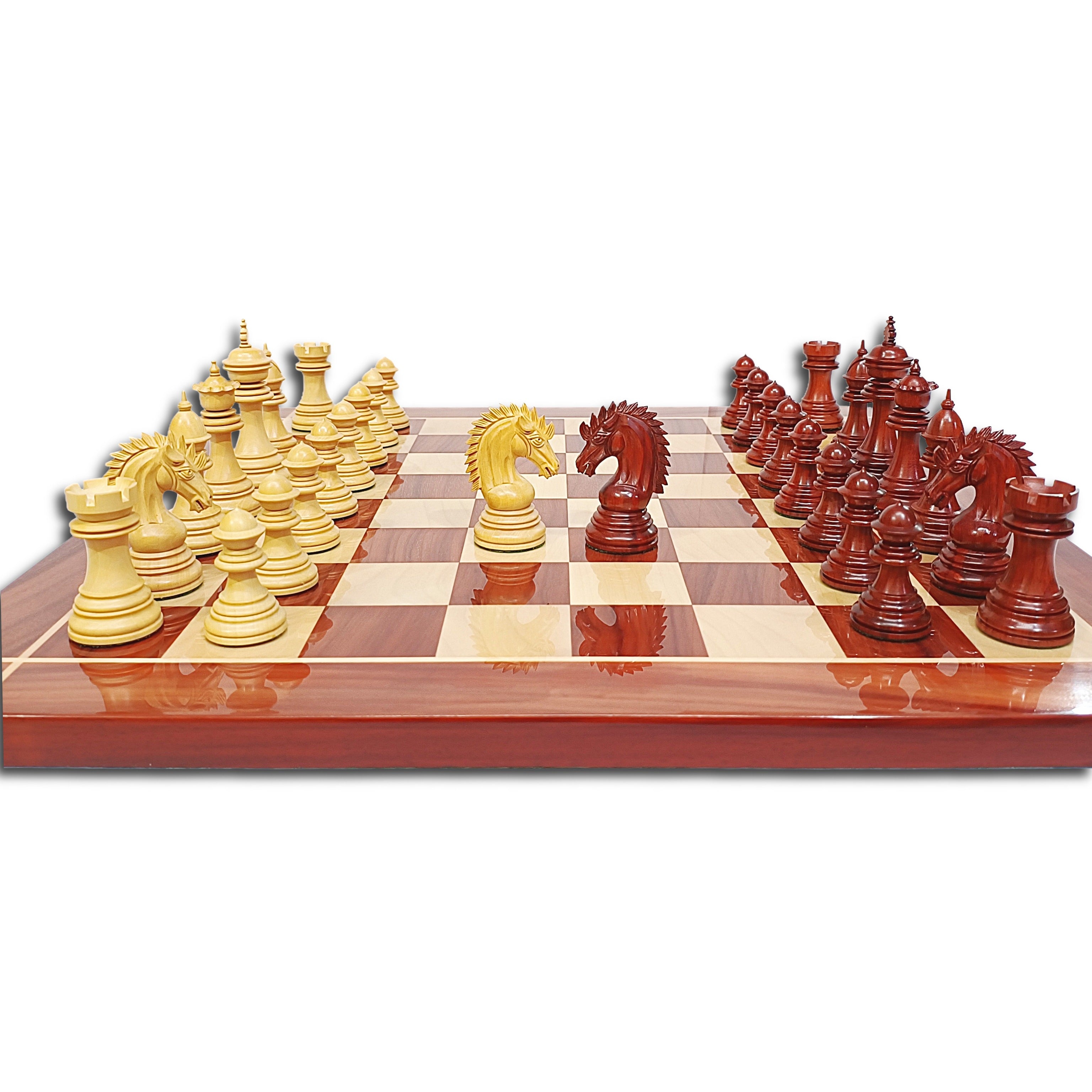





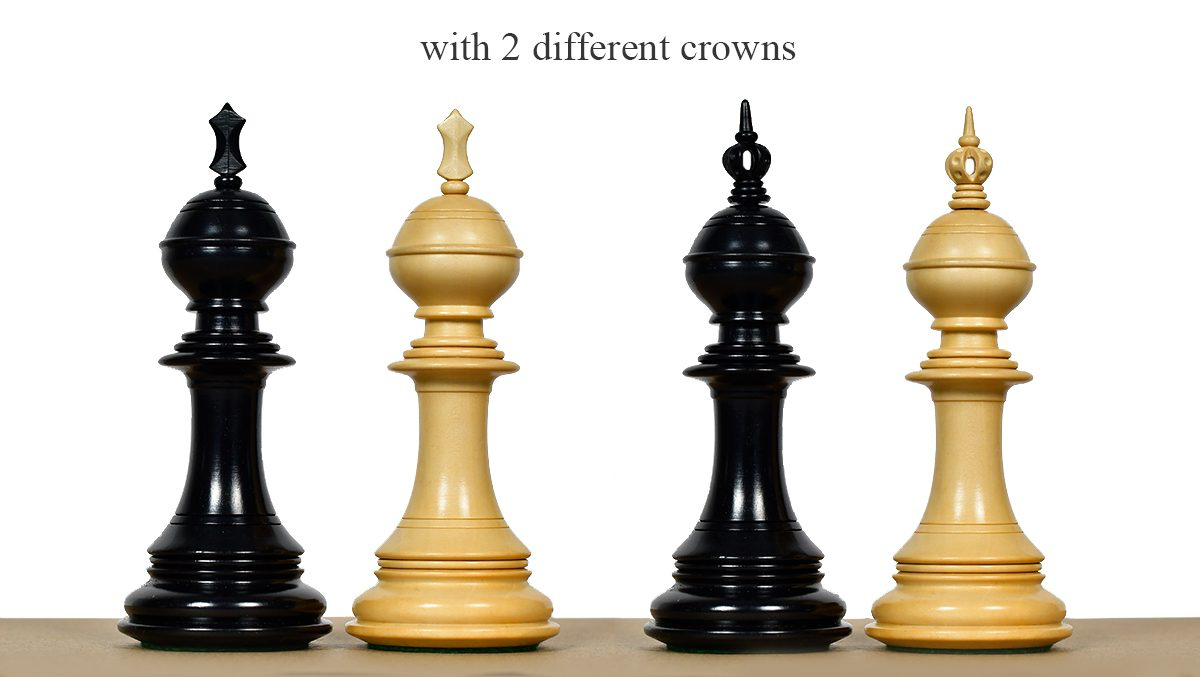










Leave a comment
All comments are moderated before being published.
This site is protected by hCaptcha and the hCaptcha Privacy Policy and Terms of Service apply.